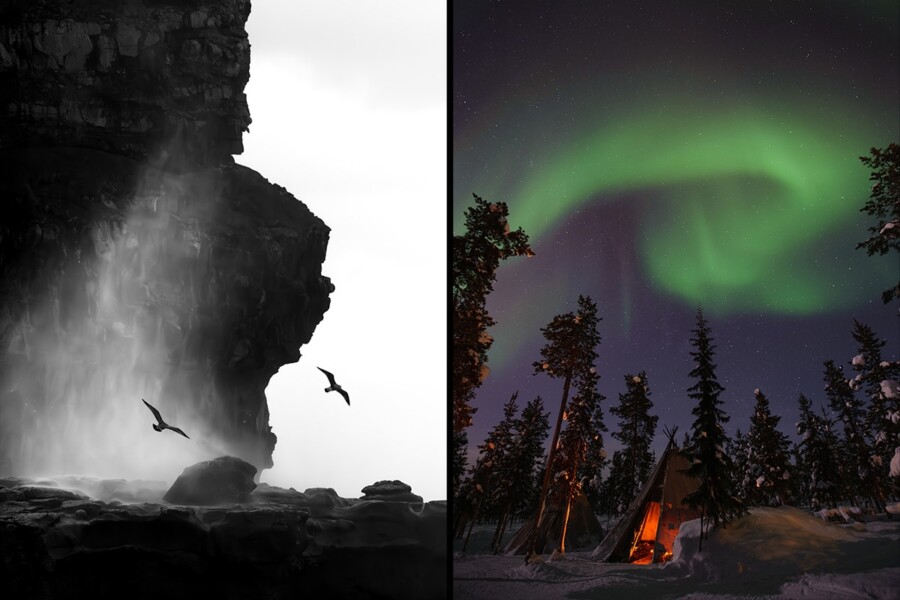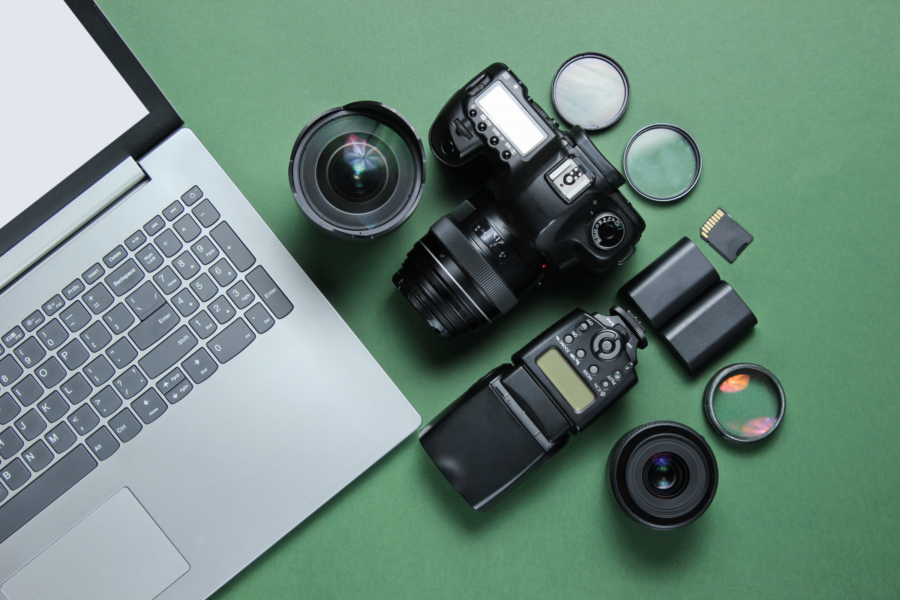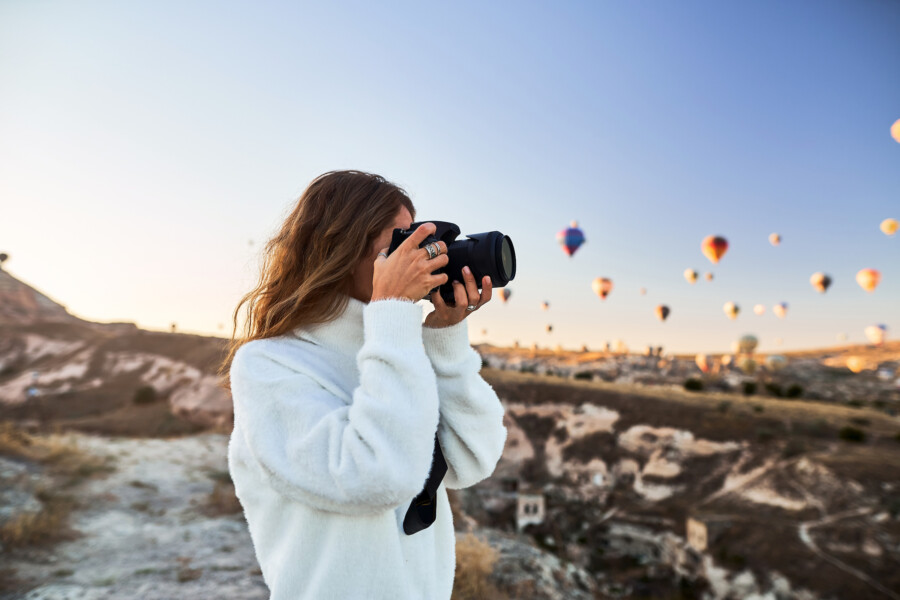Share
11 Things Photographers Wish They Knew Before Going Freelance
In theory, freelancing is a great option – be your own boss, choose your own projects, make your own money. But the reality is that creating a su...

In theory, freelancing is a great option – be your own boss, choose your own projects, make your own money. But the reality is that creating a sustainable business from freelance work is no easy road. Almost every every freelancer faces the very same cyclical path: hunt for new projects, then work like crazy, then hunt for new projects, again and again.
On top of that, the competition is stiff. In 2005, The U.S. Department of Labor reported that 10.3 million people were working as “independent contractors”, and in 2013 a group from Economic Modeling Specialists estimated that number was steadily increasing, with more than 4 million freelancers falling into the “creative class” (i.e. artists, designers, and media workers).
As a result, freelancers often fall into a number of different pitfalls – perhaps the biggest being the “work for free” dilemma. Wikipedia acknowledges that “freelancers may work for free or do work ‘on spec’ to build their reputations or a relationships.”
But the truth is, it really doesn’t have to be that way. You can get bogged down in the negativity surrounding much of the freelance photographer industry today, or you can take the advice of those who have come before you. We asked our community of supportive and, more often than not, optimistic photographers what they wish they knew before going freelance. Here’s what they had to say:
1. “If you try to be all things to all people, you will fail. Find your specialty, your niche, that one thing that you love photographing more than anything else, and focus on becoming the best you can be at that.” – Rich Demanowski, portrait photographer
2. “Invest more in lenses, less on lighting. Also, know your market and the amount of competition in your area.” – Steve Green, event and lifestyle photographer
3. “[Know] how much time you actually spend not taking pictures – feast and famine really happens so plan accordingly, and network a lot more.” – Mitchell Masilun, travel, editorial and commercial photographer
4. “I learned from a mentor early on that one really needs to be more than a business person than an artist. There are some incredible photographers out there that are eating bread and water, and some really [bad] ones making a fortune! Also, don’t start with zero in the bank. Always have a slight financial buffer. Always remember to pay yourself – including retirement savings. This buffer means you can keep things going in bad times too.” – Alistair Blair, wedding photographer
5. “To have stressed less about what I didn’t have (i.e. equipment, etc.). Focused more on what I do have (i.e. network of supportive friends and family who believed in me.). And how to have made better use of the resources that are out there which make starting up a photography business a touch easier and more profitable earlier on.” – Jennifer Langille, sports photographer
6. “No matter how many times you state your cost, you will have those who will say you said something different, so get it in writing, get it signed and dated, and do it before work starts.” – Nathan Dion, corporate and event photographer
7. “Copyrights, different types of licensing, and not wasting time running different channels (website, Flickr, 500px, blog, etc.).” – Rob de Voogd, landscape and architecture photographer
8. “How to not sell myself short and practically give away my time. And how to better explain to clients the difference between hiring a professional and handing a friend your camera to ‘save money’.” – Diana Shaydiehl, fine art photographer
9. “How to bid and price jobs.” – Tod Grubbs, fine art photographer
10. “Photo workflow efficiency and the ability to negotiate with clients.” – Alphonsus Fok, commercial and editorial photographer
11. “1) Always looking for the next job takes more endurance than you imagine. 2) Your costs are far more than you estimate. 3) It’s just as important to keep in in touch with old clients as finding new.” – Shane Srogi, commercial and editorial photographer
What are the three things you wish you knew before becoming a freelance photographer?


